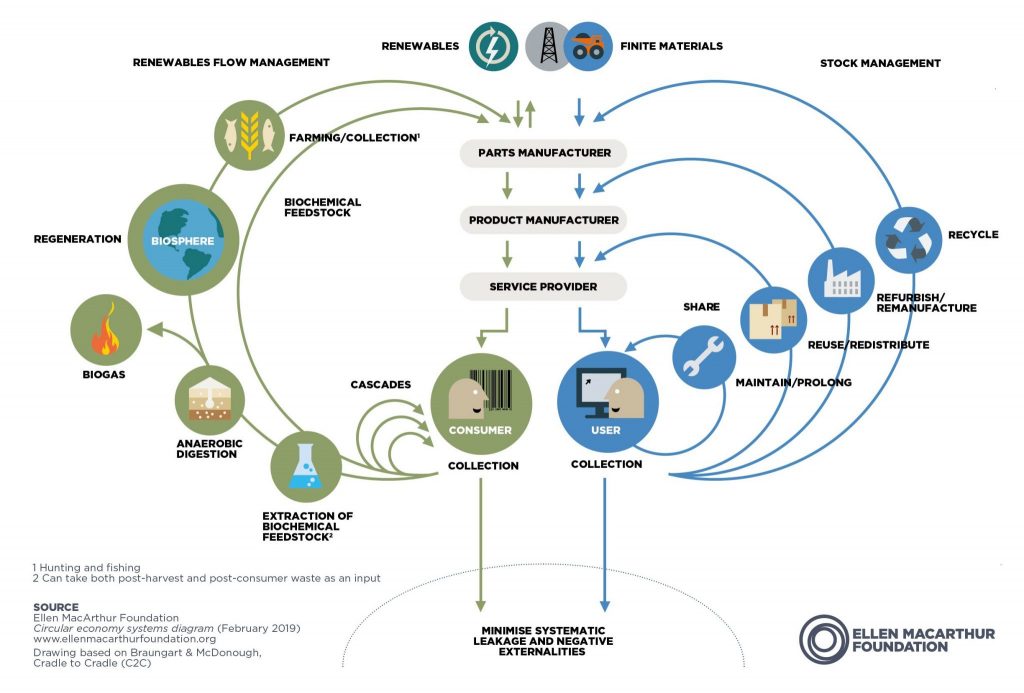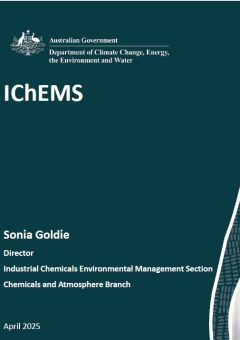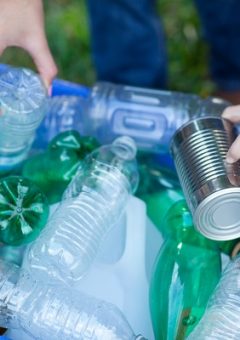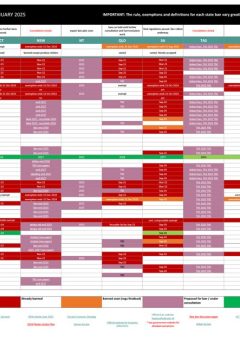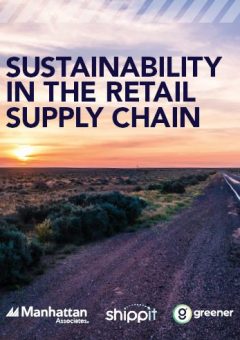Latest Sustainability News
The need for ambitious targets but consistent advice
Australian retailers and our supply chains operate with an ever-expanding global market, therefore established, globally-recognised standards and models must guide local government policy decisions and business activities.
Local businesses face confusion, disadvantages and increased barriers when local, state or federal rules are out-of-step with the international market, online platforms, or contemporary evidence on environmental strategies.
-
UN Sustainable Development Goals
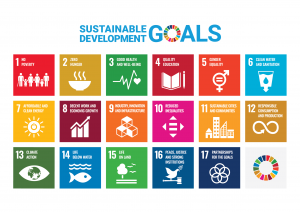
The 2030 Agenda for Sustainable Development, adopted by all United Nations Member States in 2015, provides a shared blueprint for peace and prosperity for people and the planet, now and into the future.
At its heart are the 17 Sustainable Development Goals (SDGs), which are an urgent call for action by all countries – developed and developing – in a global partnership. They recognize that ending poverty and other deprivations must go hand-in-hand with strategies that improve health and education, reduce inequality, and spur economic growth – all while tackling climate change and working to preserve our oceans and forests.
Find out more about the SDGs >
-
The Circular Economy
In our current economy, we take virgin materials from the Earth, make products from them, and eventually throw them away as waste – the process is linear.
In a circular economy, by contrast, we create circular, never-ending systems that redesign, repurpose, reuse and convert ‘waste’ into a resource that can make new products – and then the circular process starts again.
The leading experts on Circular Economy is the Ellen Macarthur Foundation though many governments and organisations are adopting Circular Economy principles.
-
ANZPAC Plastics Pact
The Australia, New Zealand and Pacific islands Plastics Pact (ANZPAC) was launched in May 2021.
In line with all the other national and regional Pacts in the Plastics Pact Network, members will work together towards the following 2025 joint targets:
- Eliminate unnecessary and problematic plastic packaging through redesign, innovation and alternative (reuse) delivery models
- 100% of plastic packaging to be reusable, recyclable or compostable packaging by 2025
- Increase plastic packaging collected and effectively recycled by 25% for each geography within the ANZPAC region
- Average of 25% recycled content in plastic packaging across the region
Find out about the ANZPAC Plastics Pact >
-
Product Stewardship Programs
Product stewardship acknowledges those involved in designing, manufacturing, and selling products have a responsibility to ensure those products or materials are managed in a way that reduces their environmental and human health impacts, throughout the life-cycle and across the supply chain.
It aims to drive environmentally beneficial outcomes through good design and clean manufacturing, including the use of components and materials that are easier to recover, reuse and recycle.
Product stewardship provides an opportunity for businesses to do more, strive for more, and achieve more.
Ministers Priority Product List
The list is a mechanism by which the Minister for the Environment can communicate to industry which products they are considering regulating under the co-regulatory or mandatory product stewardship provisions of the Recycling and Waste Reduction Act 2020. The published list will also detail recommended actions the relevant industries can take to reduce the possibility of future government regulation of such products. Those steps could include voluntary stewardship.
Product Stewardship Centre of Excellence
The Product Stewardship Centre of Excellence was established in December 2020 by industry and universities in partnership with the Australian Government through the Department of Agriculture, Water and the Environment. It was established with the assistance of a grant through the National Product Stewardship Investment Fund.
There are currently eight regulated and one voluntary accredited product stewardship scheme in Australia, plus 18 unaccredited schemes and 13 in development. Contact the Product Stewardship Centre of Excellence if you have a national scheme or program that can be added to this list.
Go to website -
The Waste Hierarchy
The Waste Hierarchy is an internationally-recognised tool which succinctly shows a hierarchy for reducing waste from most favourable (reduction, reuse and recycling) to least favourable actions (landfill, incineration and composting).
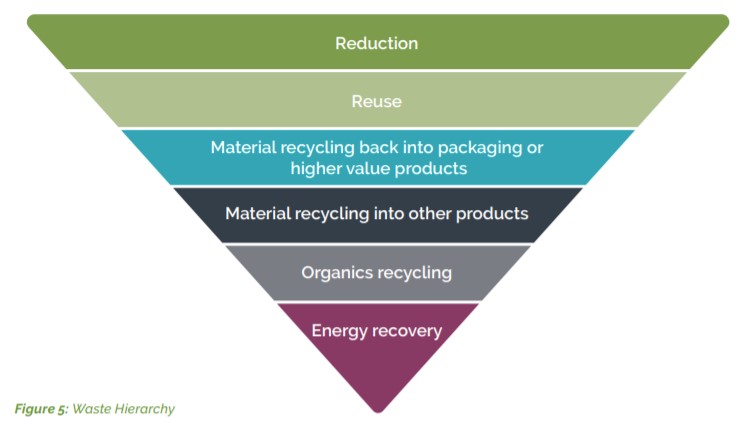
-
Australia's National Waste Policy
The National Waste Policy provides a national framework for waste and resource recovery in Australia.
Created by the Federal Government in conjunction with states and territories, the Policy outlines roles and responsibilities for collective action by businesses, governments, communities and individuals.
The National Waste Action Plan sets targets and actions to implement the National Waste Policy.
These targets include:
- ban the export of waste plastic, paper, glass and tyres, commencing in the second half of 2020
- reduce total waste generated in Australia by 10% per person by 2030
- 80% average recovery rate from all waste streams by 2030
- significantly increase the use of recycled content by governments and industry
- phase out problematic and unnecessary plastics by 2025
- halve the amount of organic waste sent to landfill by 2030
- make comprehensive, economy-wide and timely data publicly available to support better consumer, investment and policy decisions.
Sources
Read official documents from the Australian Government, Department of the Environment and Energy:
-
National Plastics Plan
The National Plastics Plan outlines these actions and key milestones we are working towards to reduce Australia’s plastics problem.
The plan’s goals are to:
- reduce plastic waste and increase recycling rates
- find alternatives to the plastics we don’t need
- reduce the amount of plastics impacting our environment.
To achieve this, Australia will:
- phase out the most problematic plastics
- work to make our beaches and oceans free of plastic
- bring in legislation to ensure Australia takes responsibility for its plastic waste
- invest to increase our recycling capacity
- research to find new recycling technologies and alternatives to the plastics we don’t need
- support the community to help Australian’s recycling efforts.
The plan is being implemented through a variety of coordinated strategies including waste levys and export bans.
-
Waste Export Bans
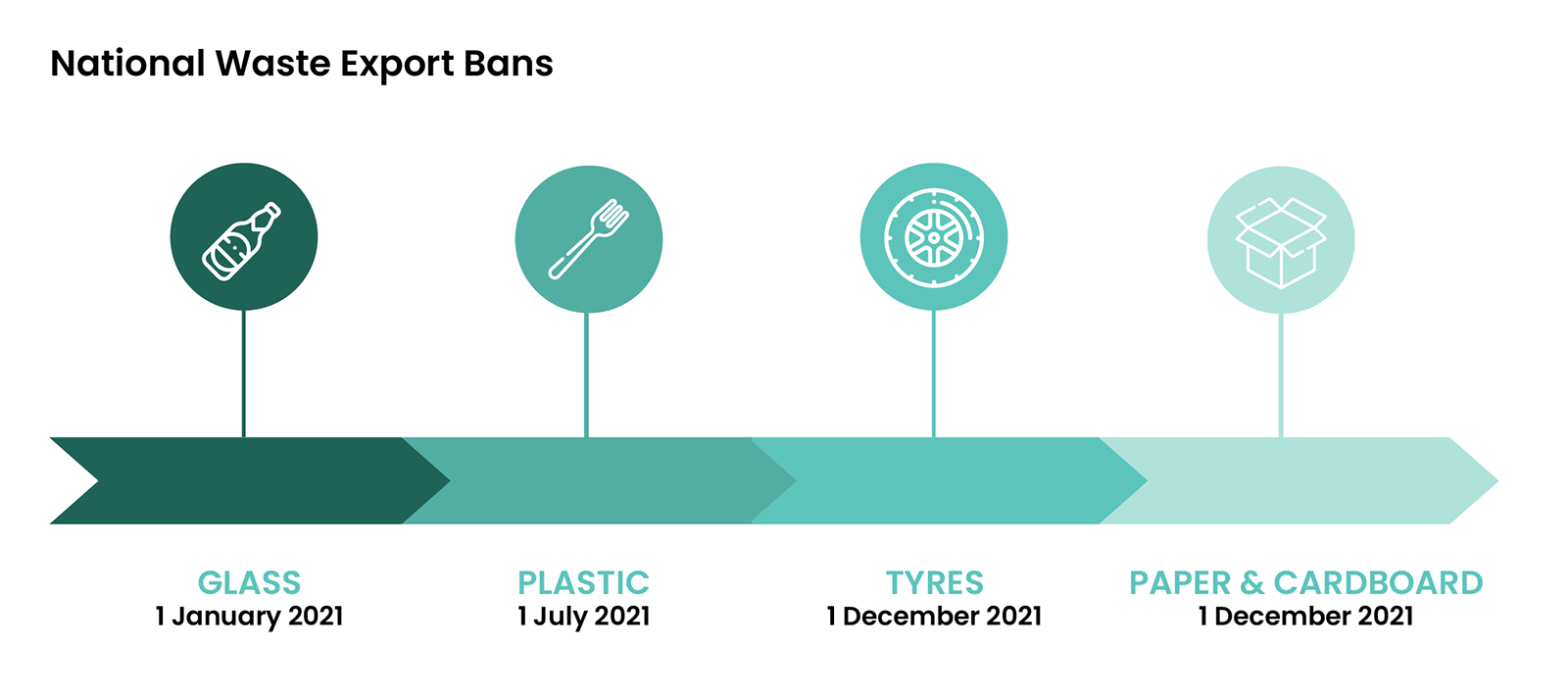
-
Waste Levies
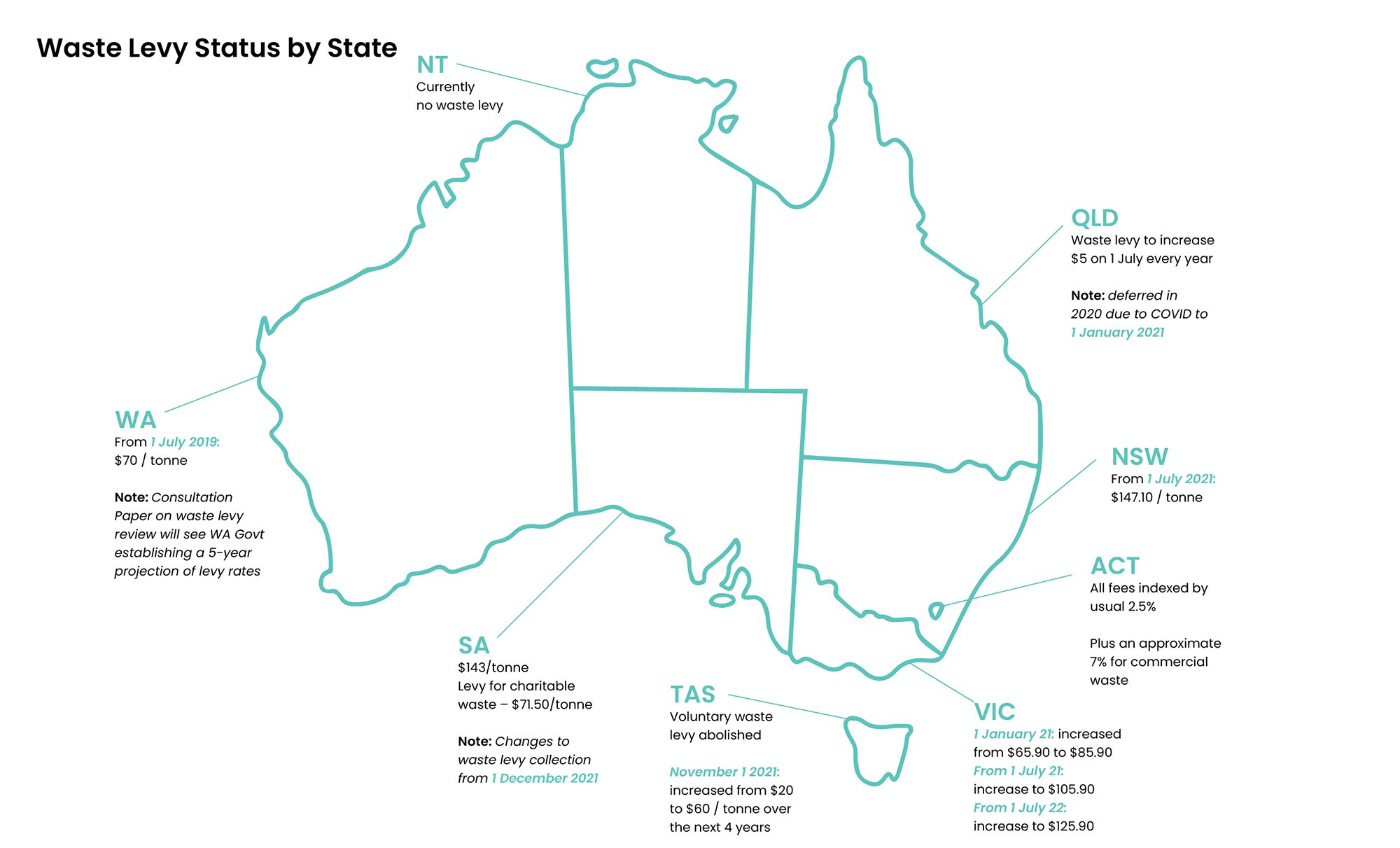
What we do
The National Retail Association Policy Team exists to help retail businesses succeed and grow within an ever-changing regulatory environment.
Our team works with a wide range of industry stakeholders – retailers, government, law enforcement, regulatory bodies, shopping centres, community groups, supporting associations and many more – to develop industry-wide policy platforms or positions on issues of importance to the Australian retail sector.
We work with all retailers across the retail and foodservice industry – regardless of size, category or business model – from the largest department chains to family-run pizza shops. Similar issues affect all retailers every day – such as retail crime, product safety and environmental legislation – and we all benefit from sharing intelligence and real-world experience.
We work actively with governments at international, federal, state and local levels to ensure the interests and needs of the Australian retail and services sectors are protected and promoted. Rather than running from inevitable regulatory change, we provide a bridge between retailers and government – facilitating the exchange of ideas and information which ultimately leads to more informed, commercially-aware outcomes for all parties.
We place real-world insight above all else, so we actively engage with retailers in stores, strip precincts and shopping centres.
We tackle the issues you can’t tackle alone.

